Cabinet decides to protect heritage, forests, wildlife
Approves Rs3.84b grant to build 12-storey building for Patient Aid Foundation
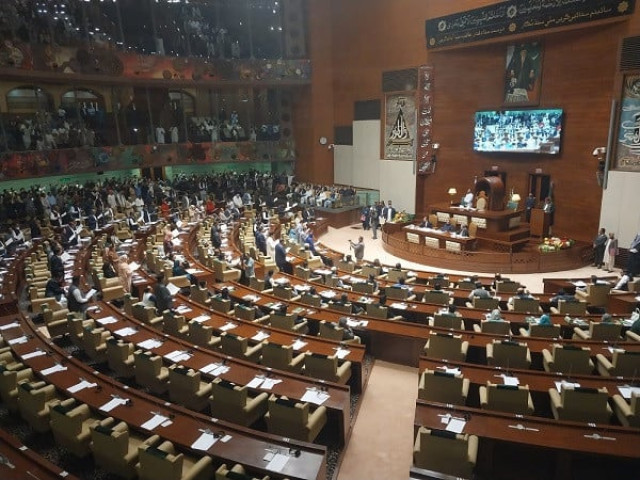
The Sindh cabinet has decided to protect the entire area of Karoonjhar as a cultural heritage, forest, and wildlife sanctuary site. The meeting, presided over by Chief Minister Syed Murad Ali Shah, held at the CM House and was attended by provincial ministers, advisors, chief secretary and other officials.
The Sindh cabinet has approved granite mining in the Kahsar area, citing a 2015 geological survey report that indicates significant granite reserves in the area. The report estimates that approximately 14 billion tons of granite are spread across 11 different locations in Nagarparker. However, the Mines and Mineral Department noted that the Sindh High Court had imposed a ban on mining in the area due to the presence of cultural/heritage sites, forests, and wildlife sanctuaries.
The cabinet has approved a grant of Rs3.84 billion for the Patient Aid Foundation on the recommendation of the health department. The grant will be used to construct a new 12-storey building with 532 beds, purchase of modern equipment, and establish a state-of-the-art floor for cardiology at the Jinnah Postgraduate Medical Center (JPMC) in Karachi. The project also includes the construction of a 6-storey building with 60 beds for government officers. The funds will be released in two installments: Rs2.13 billion in 2023-2024 and Rs1.71 billion in 2024-2025.
The cabinet has approved amendments to the Provincial Motor Vehicle Ordinance (PMVO) 1965 to ensure quick registration of vehicles and prevent the illegal use of unregistered vehicles, thereby enhancing public safety and revenue collection.
These amendments aim to curb the illegal use of unregistered vehicles and improve the overall registration process in the province.
The cabinet has been informed that a significant number of flood affectees, whose homes were damaged or destroyed, have been identified and their data has been compiled. However, the list is not final yet and needs further verification.
The cabinet has also decided to provide training to 20,000 masons to build climate-resilient homes, which will cost approximately Rs140 million. Additionally, the cabinet has decided to provide an additional Rs50,000 to persons with disabilities (PWDs) who have lost their homes in the recent floods, to help them meet their housing needs.
The chief minister has also announced that flood affectees who have built their homes on government land will be given title to the land.
The cabinet has been informed that the Manchar Lake suffered severe damage during the 2022 floods, with water accumulating in 37,000 square miles area, including the Nara Bolan Basin, Mari-Bugti Hills, and Kirthar range. To prevent flooding, two relief cuts were made at RD 14 and RD 52 to allow water to flow into the Indus River. The irrigation department has proposed the construction of two new bridges to address this issue.
The existing Earl Wah Bridge, located at MC RD 0+000, has a water discharge capacity of 10,500 cusecs, which is insufficient to handle the water flow from Manchar Lake, as evident from the 2022 floods. A new regulator has been proposed to be built at RD 2+300, with a discharge capacity of 52,500 cusecs, featuring 14 gates. The existing bridge, with its outdated parameters, is an obstacle to achieving this increased discharge capacity. Therefore, a new bridge is necessary on the Indus Highway, designed according to updated parameters, to accommodate the increased water flow.
To ensure the safe transfer of floodwater from Manchar Lake to the Indus River in similar situations, a road bridge has been proposed at this location. The cabinet has approved the proposal with a budget of Rs 2.31 billion.

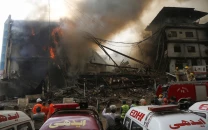


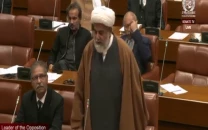



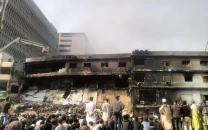
1733130350-0/Untitled-design-(76)1733130350-0-208x130.webp)
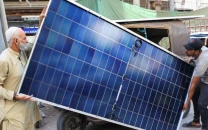

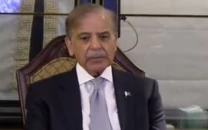






COMMENTS
Comments are moderated and generally will be posted if they are on-topic and not abusive.
For more information, please see our Comments FAQ